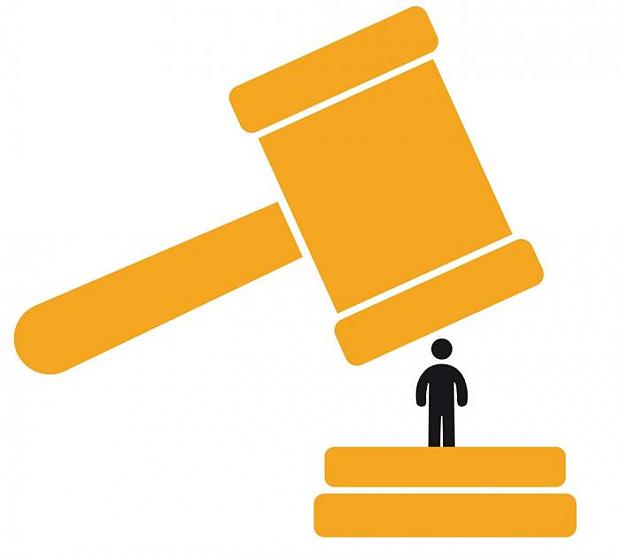Dutch citizens should not be extradited to countries like Poland without real guarantees
Dutch citizens should not be extradited to countries like Poland without real guarantees

SP Euro-MP Dennis de Jong is urging authorities in the Netherlands to be extremely circumspect when it comes to the extradition of Dutch citizens to Poland, Hungary and other EU member states where the rule of law is under pressure. Explaining his concerns, De Jong said that “a report published today by the NGO Fair Trials International, Beyond Surrender Putting human rights at the heart of the European Arrest Warrant,
reveals that following extradition to Poland, amongst other countries, many people accused of crimes are kept in inhuman conditions. In such a case it's important to be able to trust an independent judge who will rule as to whether it's really necessary to remand a suspect in custody and if so, ensure that he or she will be well-treated and receive adequate care. Fair Trials give the example of a heavily pregnant woman extradited from the Netherlands to Poland, where she gave birth in custody where there was inadequate care for her baby, which was ill. Under normal circumstances it's important in such cases to be circumspect with regard to extradition, but if the judge isn't independent I'd rather not see vulnerable people extradited to Poland at all. We shouldn't be taking those risks.”
This week the EU Council of Foreign Ministers held its first hearing on the situation in Poland. The procedure, on the basis of Article 7 of the EU Treaty, could in theory lead to the suspension of Poland's voting rights. “It's good that the ministers are paying attention to the question of the rule of law, but we all know very well that Hungary and Poland protect each other whatever,” laments De Jong. “So we can't expect sanctions to be imposed any time soon. It would probably be more effective to suspend judicial cooperation with these countries and at the very least subject them to a demanding human rights test prior to taking a decision on extradition.”
Today De Jong is organising a meeting in the European Parliament to discuss the Fair Trials report. “We won't just discuss the national reports,” he says, “we'll also come up with concrete policy recommendations. As long ago as 2014 the European Parliament was calling for an amendment to EU legislation to ban the issuing of European Arrest Warrants for minor offences. We also advocated the introduction of a proper human rights test to be applied before there can be any question of extradition. The Advocate-General of the European Court of Justice today published an official 'Opinion' in relation to this. Despite this, the European Commission is approaching the matter timorously and is reluctant to propose amendments to the law. I hope that following today's discussion the Commissioners responsible, which include Dutch Commissioner Frans Timmermans, will accept that responsibility.”
- See also:
- Dennis de Jong
